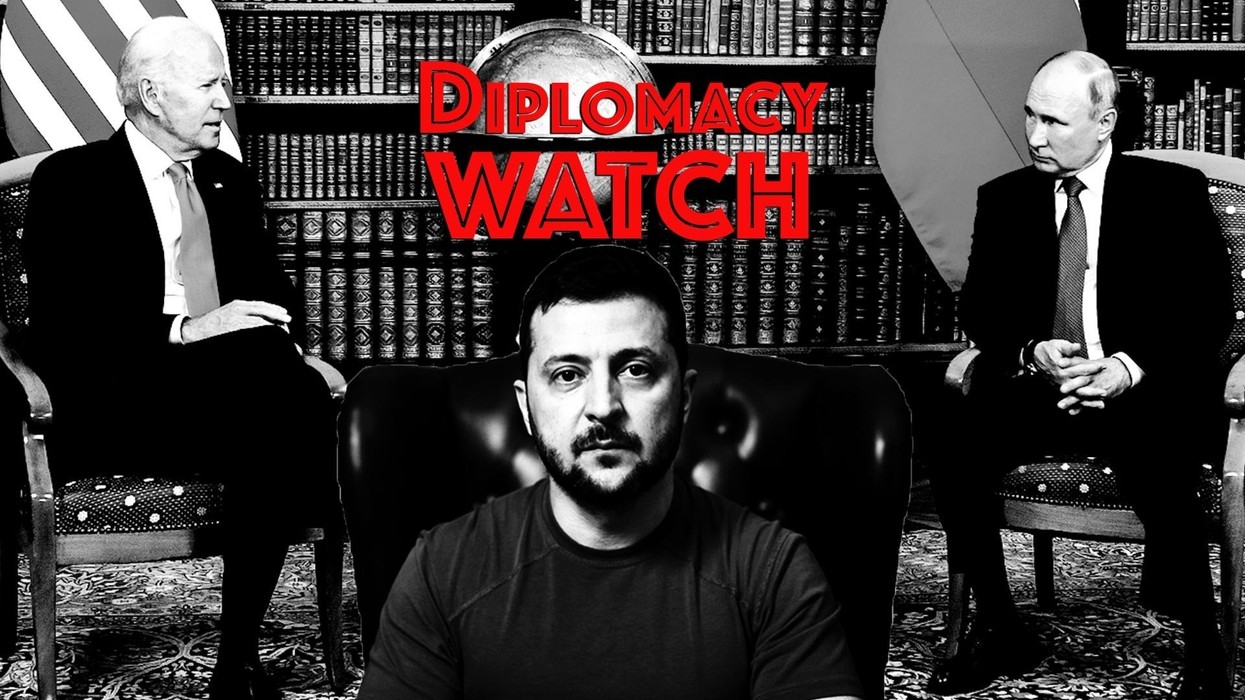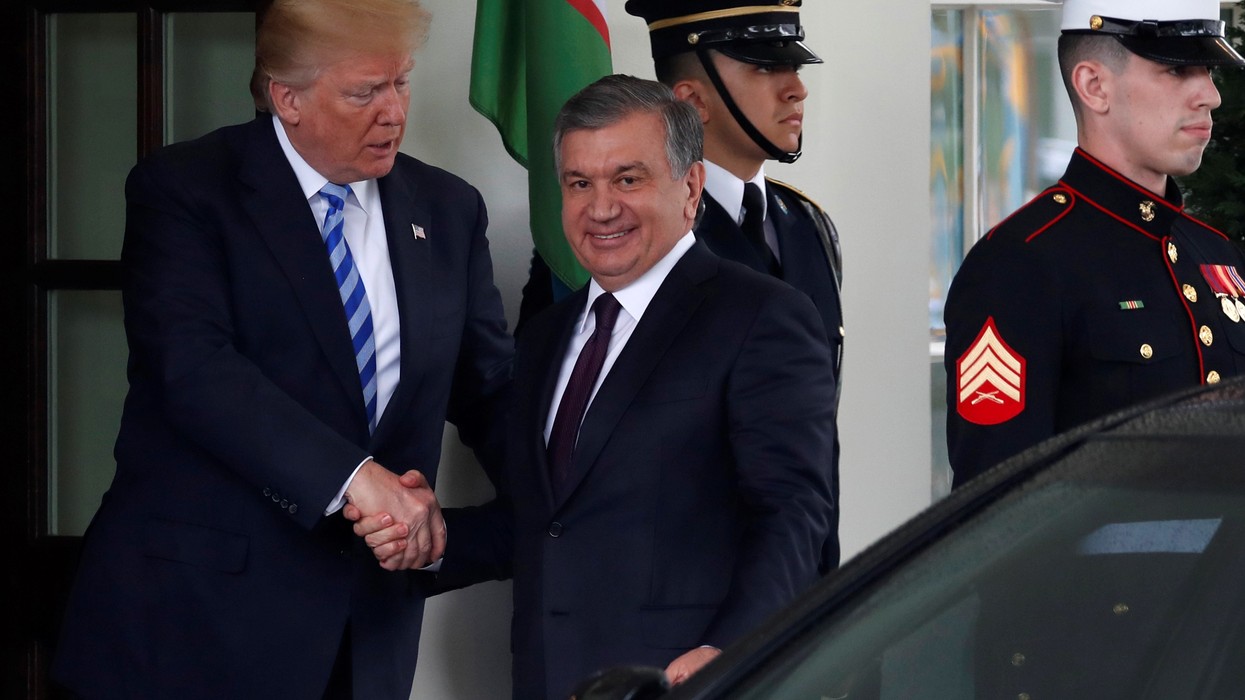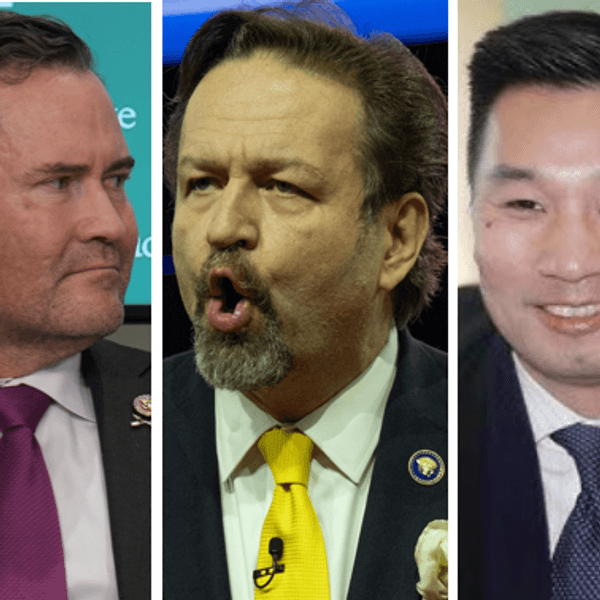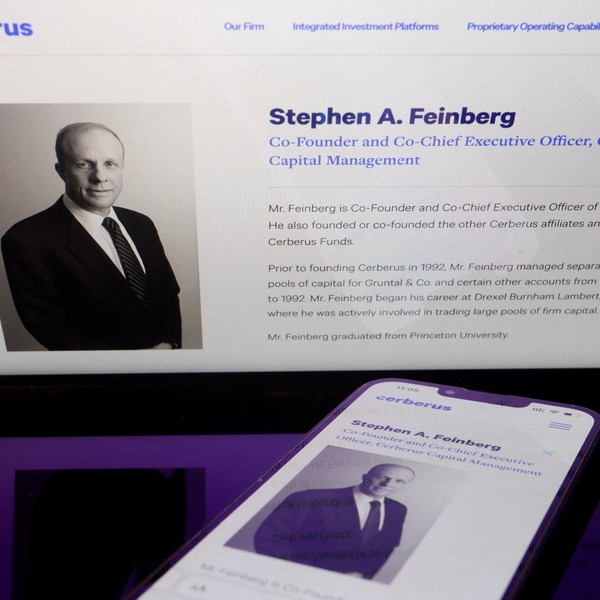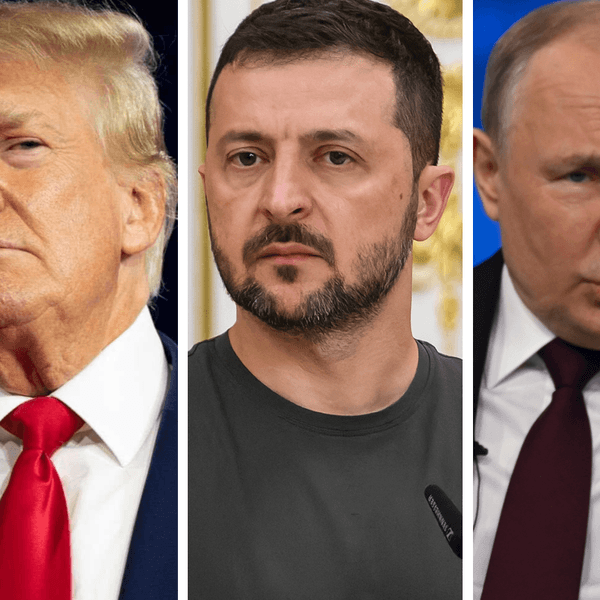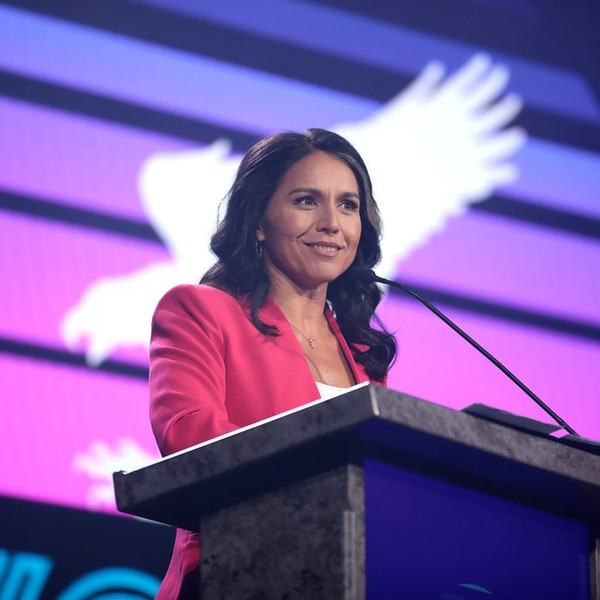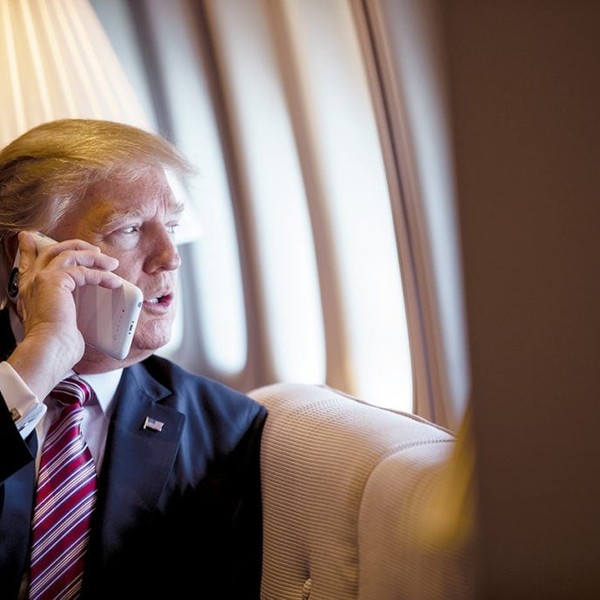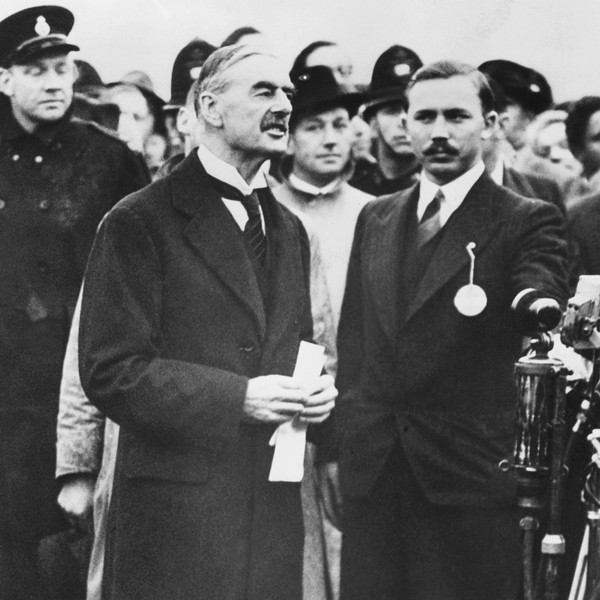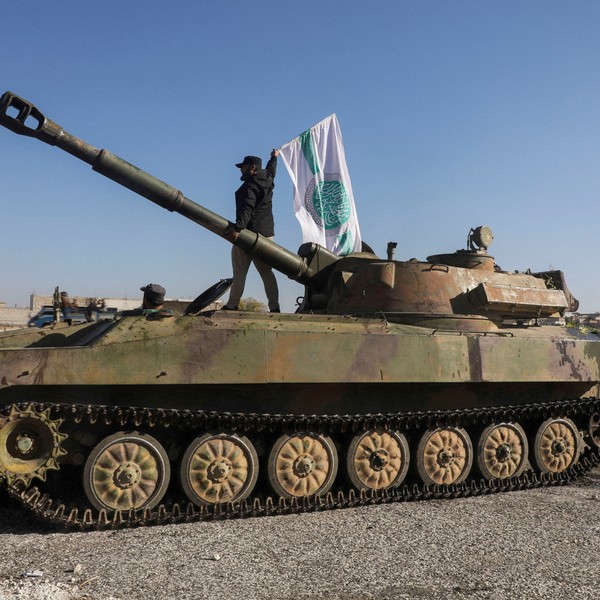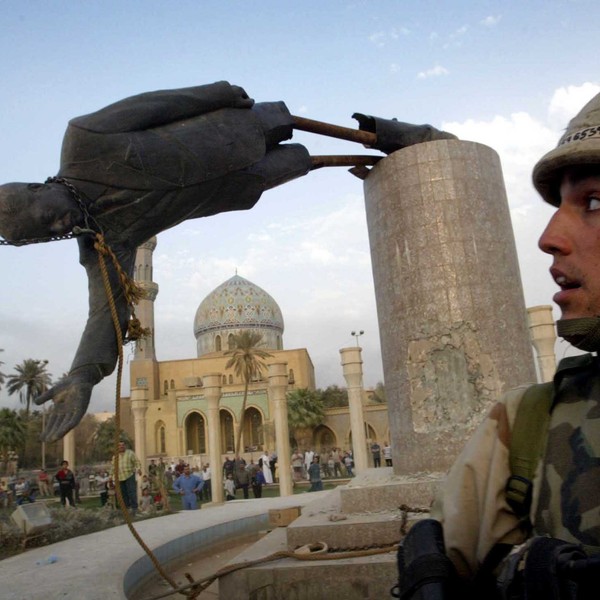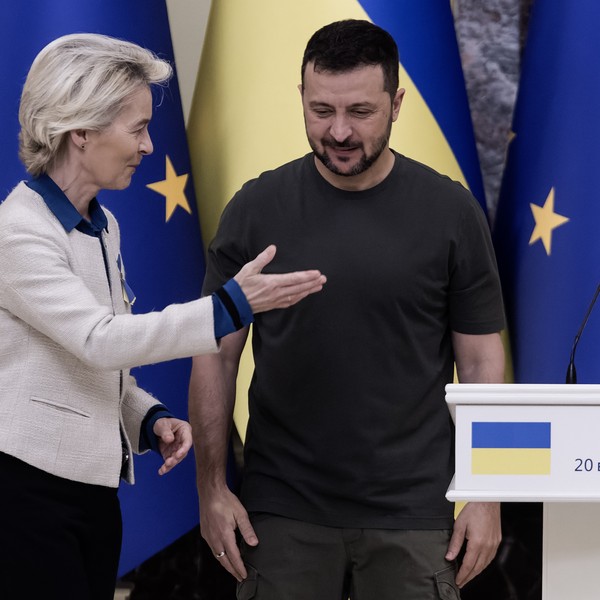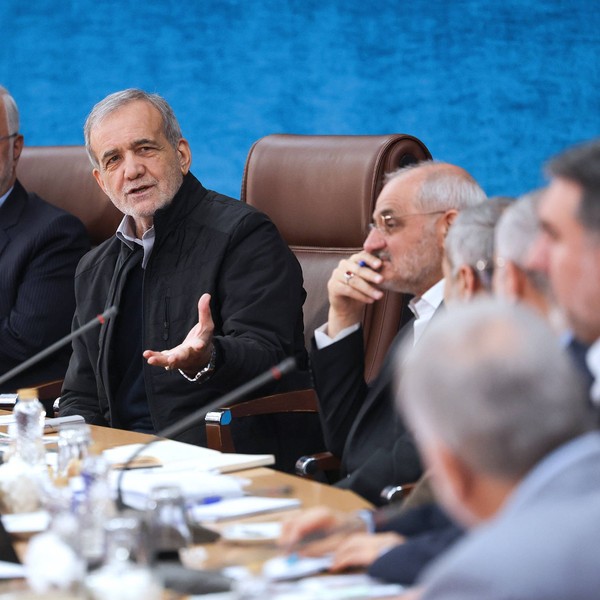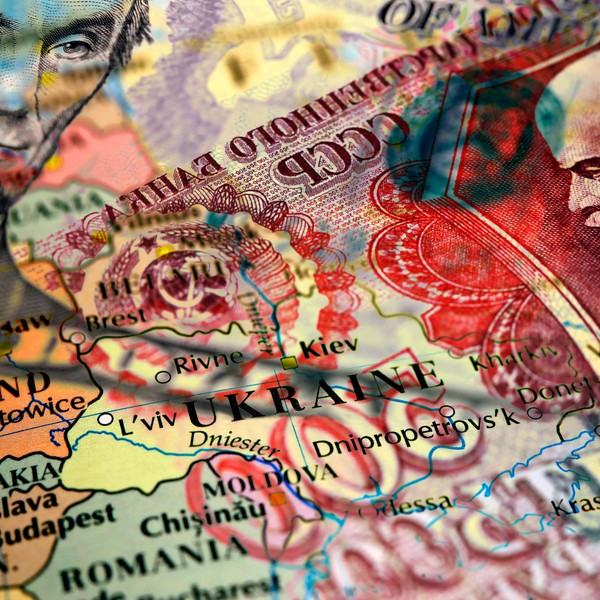Nuclear weapons aren’t just a threat to human survival, they’re a multi-billion-dollar business supported by some of the biggest institutional investors in the U.S. according to new data released today by the International Campaign to Abolish Nuclear Weapons (ICAN) and PAX, the largest peace organization in the Netherlands.
For the third year in a row, globally, the number of investors in nuclear weapons producers has fallen but the overall amount invested in these companies has increased, largely thanks to some of the biggest investment banks and funds in the U.S.
“As for the U.S., while there is, like past years, indeed a dominance, and total financing from U.S.-based institutions has increased, the total number of U.S. investors has dropped for the third year in a row (similar to our global findings), and we hope to see this number will continue to fall in the coming years,” Alejandar Munoz, the report’s primary author, told Responsible Statecraft.
In 2023, the top 10 share and bondholders of nuclear weapons producing companies are all American firms. The firms — Vanguard, Capital Group, State Street, BlackRock, Wellington Management, Fidelity Investments, Newport Group, Geode Capital Holdings, Bank of America and Morgan Stanley — held $327 billion in investments in nuclear weapons producing companies in 2023, an $18 billion increase from 2022.
These companies are also profiting from the enormous government contracts they receive for developing and modernizing nuclear weapons.
“All nuclear-armed states are currently modernizing their nuclear weapon systems,” says the annual “Don’t Bank on the Bomb” report from PAX and ICAN. “In 2022, the nine nuclear-armed states together spent $82.9 billion on their nuclear weapons arsenals, an increase of $2.5 billion compared to the previous year, and with the United States spending more than all other nuclear powers combined.”
American weapons companies are some of the biggest recipients of contracts for nuclear weapons. Northrop Grumman and General Dynamics are “the biggest nuclear weapons profiteers,” according to the report. Combined, the two American weapons manufacturers have outstanding nuclear weapons related contracts with a combined potential value of at least $44.9 billion.
Those enormous government contracts for nuclear weapons, alongside contracts for conventional weapons, have helped make nuclear weapons producers an attractive investment for American investment banks and funds.
“Altogether, 287 financial institutions were identified for having substantial financing or investment relations with 24 companies involved in nuclear weapon production,” says the report. “$477 billion was held in bonds and shares, and $276 billion was provided in loans and underwriting.”
The report notes that while the total amount invested in nuclear weapons has increased, the number of investors has fallen and trends toward firms in countries with nuclear weapons.
ICAN and PAX suggest that concentration may be a result of prohibitions on nuclear weapons development for signatories to the Treaty on the Prohibition of Nuclear Weapons (TPNW), a 93 signatory treaty committing to the ultimate goal of the total elimination of nuclear weapons. The report says:
The TPNW comprehensively prohibits the development, manufacturing, testing, possession, use and threat of use of nuclear weapons, as well as assistance with those acts. For companies that build the key components needed to maintain and expand countries’ nuclear arsenals, access to private funding is crucial. As such, the banks, pension funds, asset managers and other financiers that continue to invest in or grant credit to these companies allow for the production of inhumane and indiscriminate weapons to proceed. By divesting from their business relationships with these companies, financial institutions can reduce available capital for nuclear weapon related activities and thereby be instrumental in supporting the fulfilment of the TPNW’s objectives.
Susi Snyder, managing director of the Don’t Bank on the Bomb Project, told Responsible Statecraft that even U.S. banks, like Pittsburgh based PNC Bank, are facing shareholder pressure to divest from nuclear weapons and that the tide may be shifting as shareholders in U.S. companies grow increasingly sensitive to investments in nuclear weapons.
“For three years shareholder resolutions have been put forward at PNC bank raising concerns that their investments in nuclear weapon producers are a violation of the Treaty on the Prohibition of Nuclear Weapons (TPNW), and that they are not in line with the bank's overall human rights policy guidelines,” she said.
May 30, 2024 correction: The 'Don't Bank on the Bomb' report misstated the amount of loans and underwriting provided by financial institutions for companies engaged in nuclear weapons production. The article has been updated to reflect the accurate number.
- Why the US wastes billions on nuclear weapons it doesn’t need ›
- Biden budget bakes in billions for nuclear weapons ›
- Our nuclear guardrails are slowly melting away ›

